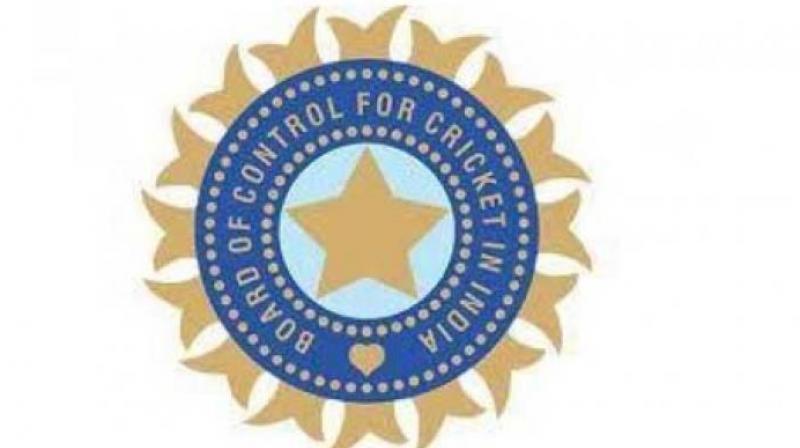Sporting boycotts rarely fulfil political objectives

It is as well that the Committee of Administrators (CoA), controlling the BCCI on the orders of the Supreme Court, has decided to take a holding call now on the issue of whether Team India should boycott its match against Pakistan in the World Cup. The worlds of sport and politics do often collide and the much-anticipated match between cricketing archrivals of the subcontinent, at Old Trafford, Manchester on June 16, was certain to become a huge flashpoint after the Pulwama terror strike inspired by Pakistan.
The emotions of the moment were likely to trigger strong calls for forfeiting the game. In an ideal world, there should be no mixing of politics and sport, but an imperfect world brings them into confrontation too frequently for comfort. However, considerable thought should go before a decision is taken about India playing Pakistan in the World Cup.
“No normal sport in an abnormal society,” was the famous slogan for the sporting isolation of South Africa in the time of apartheid when the ramifying impact of racism was universal and the reprehensible practice had to be eliminated. The point is that while terrorism is a wound on civilisation itself, its vicious abnormality should not derail India from keeping sporting commitments, certainly in multilateral events.
The wounded feeling should not be leading India into decisions like denying visas to Pakistani shooters thus bringing sanctions from the IOC.
Sport is a universal forum aspiring to higher ideals and it cannot be used as a bargaining chip in gesture politics. India may have thought up several ways to act in retribution to the Pakistan-sponsored terror attack in Pulwama, but the use of sport, particularly cricket, as a weapon of retaliation sounds far-fetched. Such a gesture as a league match forfeit would look even more foolish were India and Pakistan to qualify for the semi-finals or final and must face each other again.
Sports arenas, however competitive the atmosphere, are not battlefields. Cricket might seem like war minus the shooting, more so when it comes to India and Pakistan, but the temptation must be eschewed to use sport and cultural exchanges like chess pieces rather than make a steadfast policy with a clear vision on separating sport and politics. India has already taken wide-ranging diplomatic action in ensuring that the world knows where the plot of Pulwama’s Islamist terror strike was masterminded. Stretching the action to sporting boycotts can be counterproductive.
Also, mature nations have always managed to separate sport from politics although overt political stands have been common enough in the history of sport. The question to be addressed is whether boycotts achieved anything except in the one significant instance when it helped dismantle apartheid. It is the futility of sporting boycotts that might render any decision not to play Pakistan in the cricket World Cup meaningless in the long run, however stung we are by the brazenness of sponsored terror.

